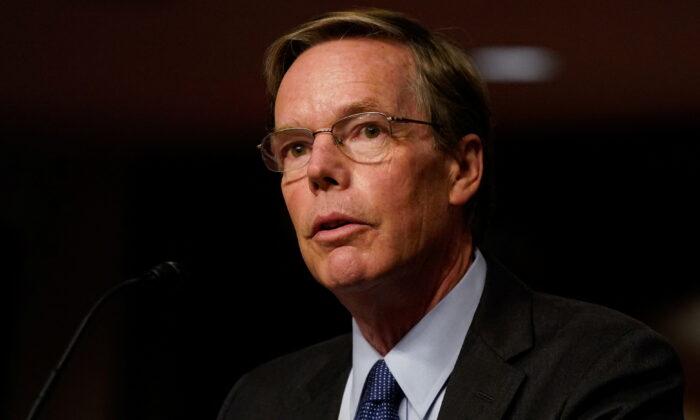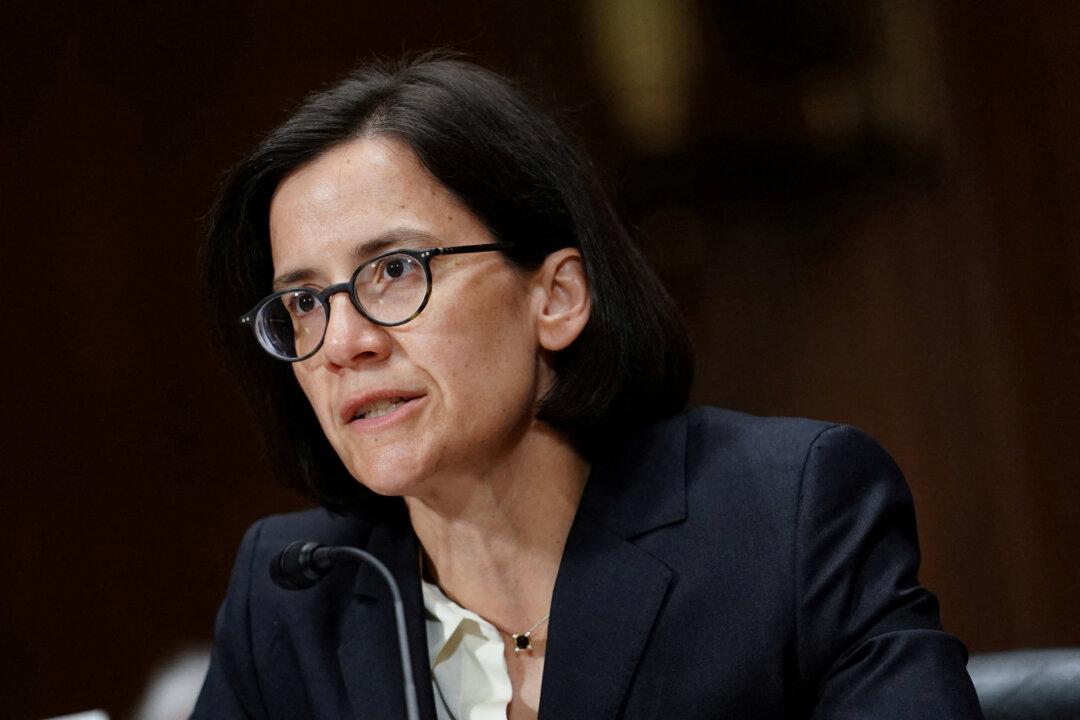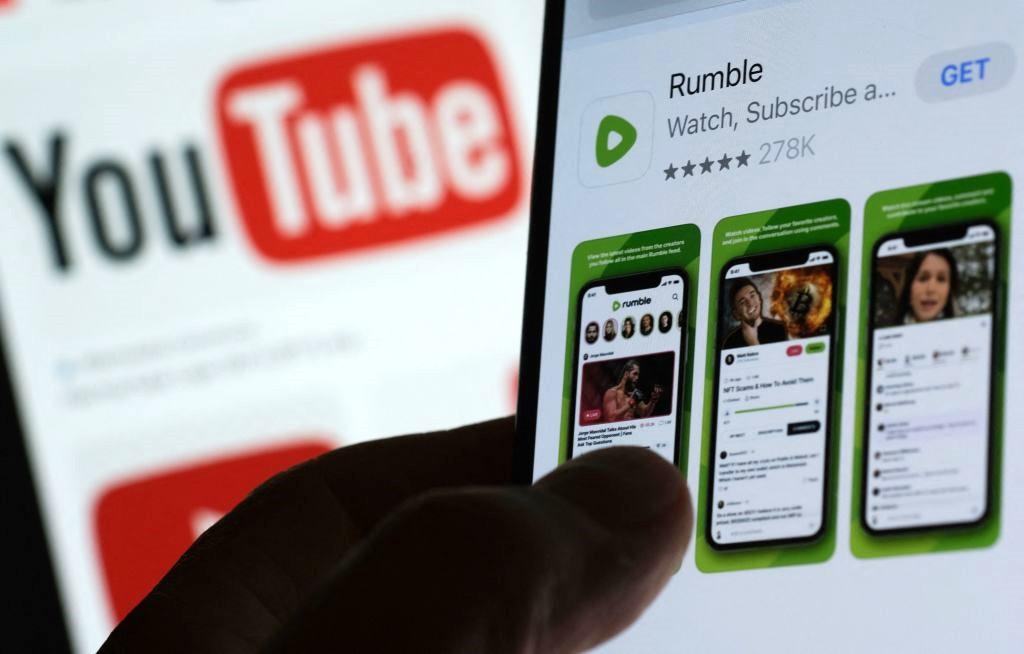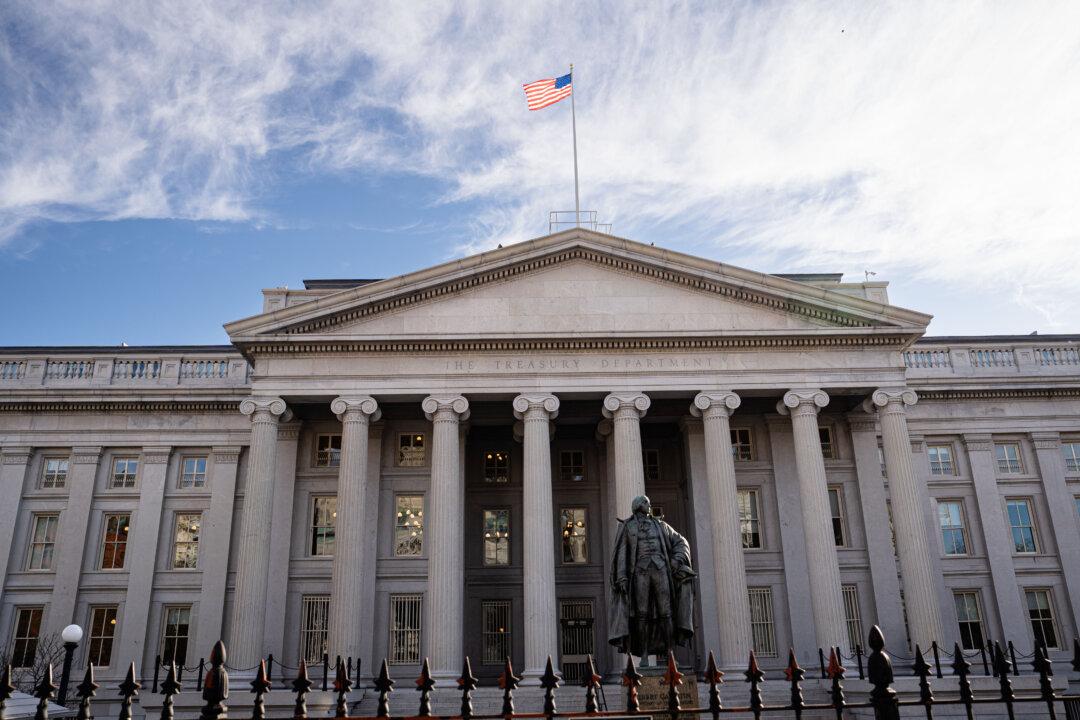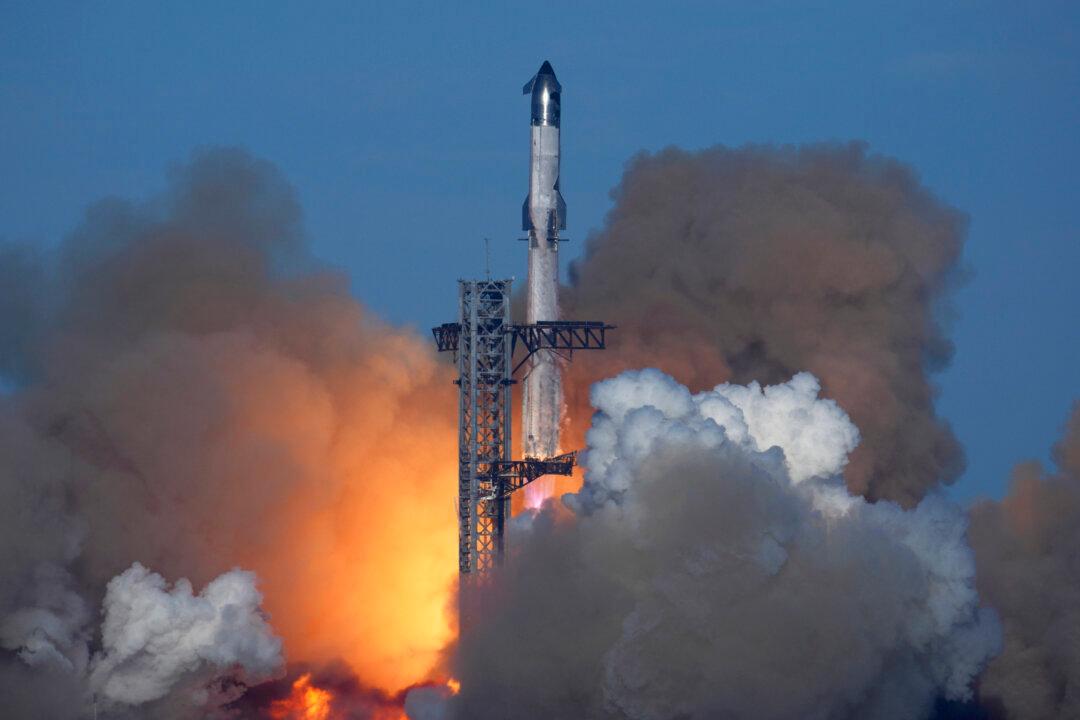The U.S. ambassador to China on July 4 criticized the Chinese foreign ministry for spreading “Russian propaganda” and disinformation, denying Beijing’s assertion that the North Atlantic Treaty Organization (NATO) instigated the Russia–Ukraine war.
Speaking at the World Peace Forum in Beijing, U.S. Ambassador Nicholas Burns called the Russian war against Ukraine “the greatest threat to global world order,” and alleged that China had “picked up” Russian disinformation.
“I hope Foreign Ministry spokespersons would also stop telling lies about American bioweapons labs, which do not exist in Ukraine,” he said. “These all came from Russia. Unfortunately, this has been picked up by the Chinese.”
Burns said that Russia’s invasion of Ukraine has not only resulted in the loss of countless innocent lives in Ukraine but has also depleted the global food supply.
Russian Ambassador’s Response
The Russian ambassador to China, Andrey Denisov, refuted Burns’s assertions, claiming that NATO was involved in the war with Russia “through proxies.” He also denied claims that Ukrainian grain exports were blocked by Russia.“China has a good relationship with Ukraine. And that’s where I hope that in one way, China can send some kind of signal to our neighbors to be more realistic,” he added.
Speaking to reporters, the Chinese foreign ministry’s spokesperson Zhao Lijian dismissed Burns’s remarks and said that “China has always made its judgment independently” about the Russia–Ukraine war.
“It is the U.S., not China, that has been spreading disinformation and telling lies,” Zhao said, noting that the United States “owes the world an explanation” regarding its biolabs in Ukraine.
Russia–China Relations
China and Russia declared a “no limits” partnership on the opening day of the Winter Olympics in February 2022, backing each other over standoffs on Ukraine and Taiwan with a promise to enhance collaboration against the West.
Russia said it recognizes Taiwan as “an inalienable part of China” and rejects the island’s independence “in any form,” while Beijing backed Russia’s opposition to the enlargement of NATO, according to the joint statement.
